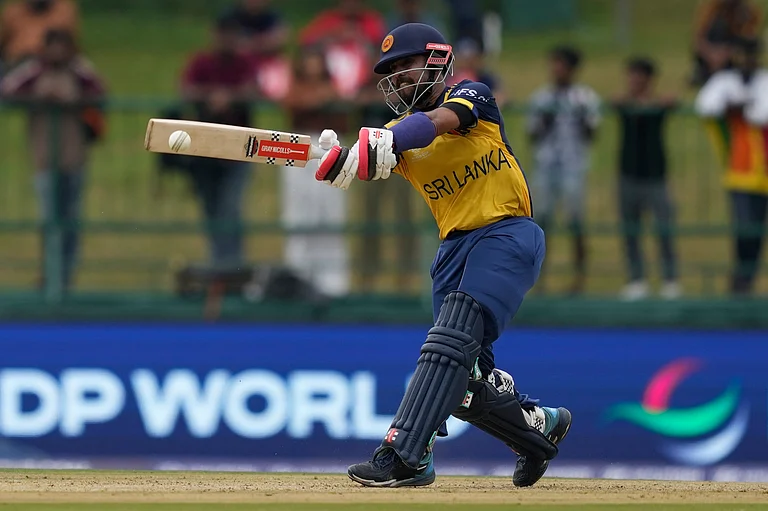Finance minister Palanivel Thiaga Rajan (in pic) released this week a 120-page white paper on Tamil Nadu’s financial status—a measure considered a pivotal peek into what will likely be a march towards reshaping of the economy that also hews to CM M.K. Stalin’s policy ambitions. But like most white papers of new governments, the document reflects the unwrapping of a blame game and prepares the ground for citizens to pay more. Rajan, a banker before he became a politician, blamed the previous Edappadi K. Palaniswami government for its “reckless economic management resulting in the present unsustainable fiscal situation”.
In numbers those words can be translated into a revenue deficit of Rs 61,320 crore, while fiscal deficit had also climbed to Rs 92,305 crore, which was an unsustainable 4.43 per cent of the state’s GDP. “This is the highest in the country as the previous government kept borrowing to service debts and failed to spend on infrastructure,” Rajan observed and promised “once-in-a-generation reforms” to pull the state electricity department, transport corporations and local bodies out of the enormous debts they are tethered to. That can be done only by hiking power tariff, bus fares, property taxes and water charges—all of which the DMK opposed when it was in the Opposition. But now, the finance minister appears to have convinced Stalin that unless his government bites the bullet, the economy would continue to flounder.
The Opposition led by the AIADMK described the white paper as an escape hatch to avoid implementing the DMK’s election promises, many of which entail huge expenses. For instance, the pledge to reduce fuel price, the Rs 1,000 monthly allowance for housewives and writing off educational loans are yet to be implemented. On fuel price, Rajan retorted that he never specified a time to cut rates. The government’s move to offer free bus travel to women defied logic, especially when the daily operating loss of state transport corporations worked out to Rs 15 crore as per the minister’s calculations. The question of hiking road tax on vehicles when other states are waiving them off for electric vehicles could send the wrong signals too.
“Both the DMK and the AIADMK are guilty of financial profligacy as they were engaged in a race of freebies to win elections,” says P. Srinivasan, a chartered accountant. “Maharashtra, Karnataka and Gujarat, whose examples Rajan quotes for comparison, do not indulge in such mindless spending. The DMK was not oblivious to the creaky financial state of Tamil Nadu and yet it promised waiver of jewel, educational and cooperative loans. And now they cannot find the money to service these promises.”
(This appeared in the print edition as "White Paper, Black Matter")
By G.C. Shekhar in Chennai


























